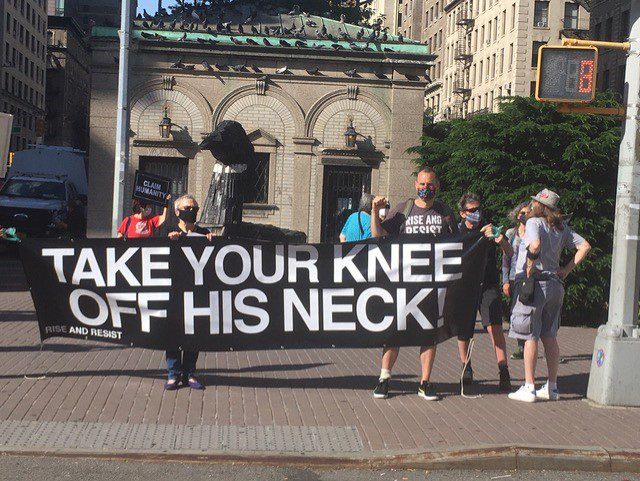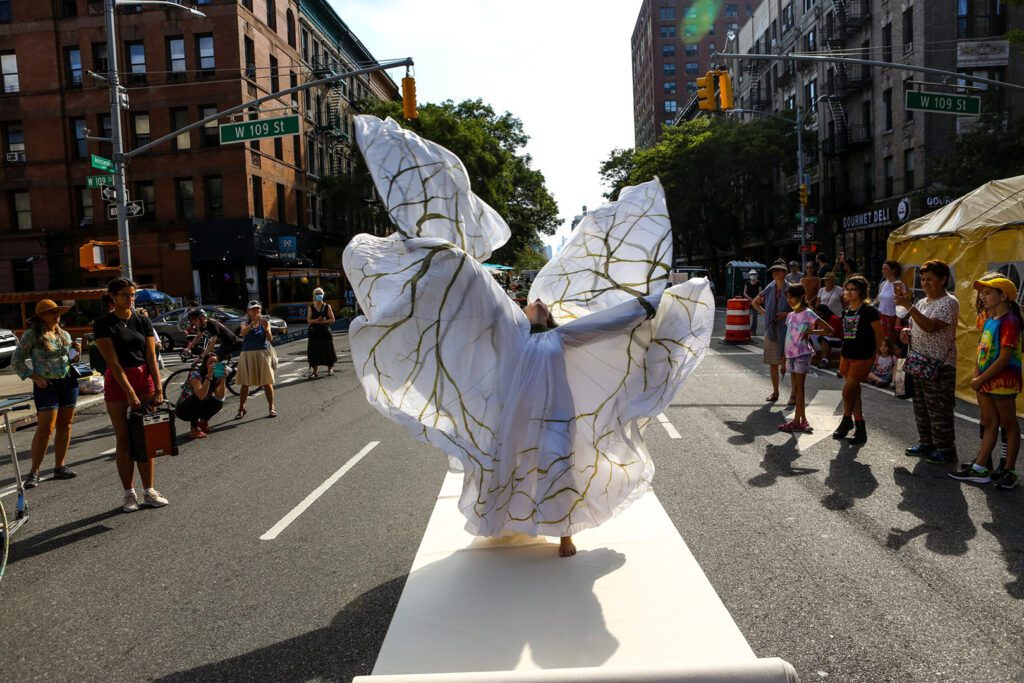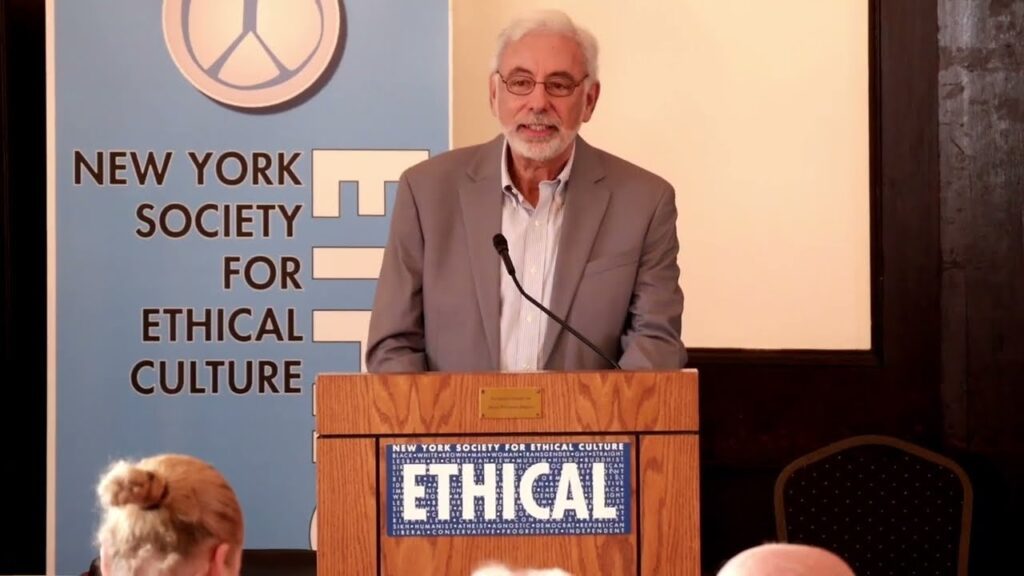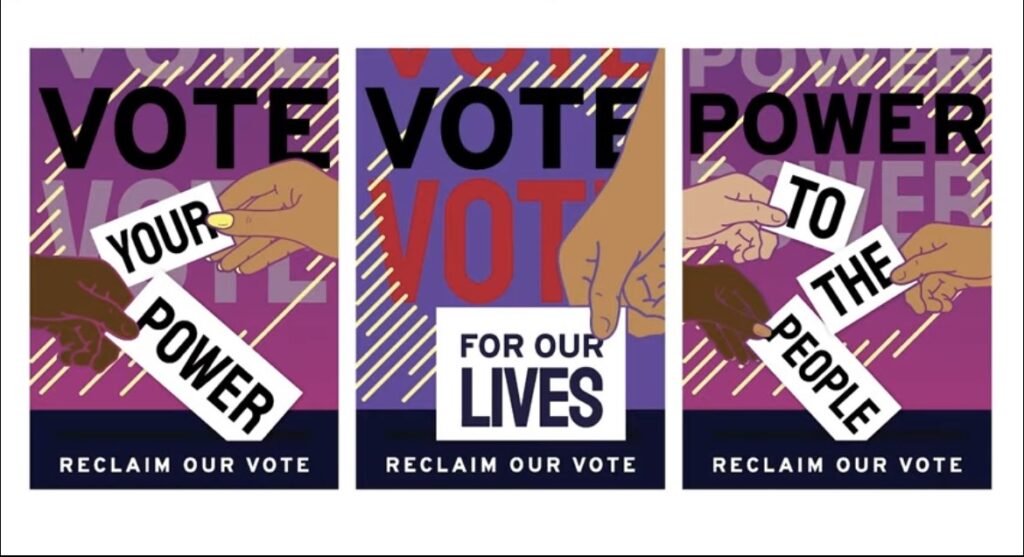
By Dr. Richard Koral, Leader
February is Black History Month, a time during which we can reflect not only on past history, but on unfolding history as we witness its creation. Black History Month began as a way of remembering important people and events in the history of the African diaspora. But in addition to events of the past, it offers an opportunity to reflect on the unique time we are living through right now. We are experiencing an inflection point in American history, and the way we proceed from here will impact the viability of our experiment in participatory democracy and our ideals about freedom and equality.
2020 saw an awakening of outrage over the serial killings of unarmed Black people by police in different parts of the country and the broadening of the Black Lives Matter movement in response. Demonstrations held in support of BLM in countless cities and towns across the country were attended by a remarkable number of racially diverse participants. These actions represented a broad awakening for many people. The message was conveyed far and wide that the structure of policing, governance, and corporate domination that undergirds American society remains deeply racist and that only by acknowledging that fact and by purposefully overcoming it in all facets of our community life will we build the just and equitable society we claim to be – and deserve to be.
At the same time, with the presidential election of 2020 we saw the culmination of a troubling trend in which racial tropes were paraded out like in the old days, and white supremacist and proto-fascist groups were emboldened. Polls are telling us that a significant percentage of the public believes that the presidential election itself was a fraud. This is yet another example of this troubling resurgence of racist impulses.
We need to examine our own roles in a racially unfair system and to strive to contribute to its reform. The reward will be the realization of values we hold dear.
This election had more security and scrutiny than any election in history because of anticipated foreign interference, and effectively no fraud could be found. Those who objected, however, pointed to the votes cast in the urban districts in the swing states and sought to have them discarded. They sought to delegitimize the votes of mostly African American voters and to bar them from the tally. This shameless effort to throw the election has historic roots with racism at its core.
The fight for racial justice continues, and we at the New York Society for Ethical Culture are part of that movement. But the problem is not only out “there” in states and districts other than our own. It is also here in our own City and even in ourselves. As a predominantly White community we can ask ourselves how we may subconsciously and inadvertently erect barriers to inclusion.
Our Ethical Society and the Ethical Culture Movement have been active and engaged at the forefront of the struggle for racial justice since the founding 145 years ago. But for all that our founders and ancestors did, the challenge persists, and we cannot sit on laurels earned in the past. What more shall we do in order to build the civilization we aim to be? We need to examine our own roles in a racially unfair system and to strive to contribute to its reform. The reward will be the realization of values we hold dear.
Our Ethical Action Committee is developing new actions we can take, including an upcoming workshop sponsored by SURJ (Stand Up for Racial Justice) on reaching out and “calling in” the people in our lives who show themselves insensitive to, or collaborating in, injustice. Other programs will follow through which we can educate ourselves and grow awareness. I hope many of us will participate and learn to recognize the contours and lineaments of a race-based social organization and how to improve it starting with our own. It isn’t enough to be good in our hearts while passive in our deeds. We have to be affirmatively anti-racist in our actions to move history forward.
(Photo by David Vasser)







